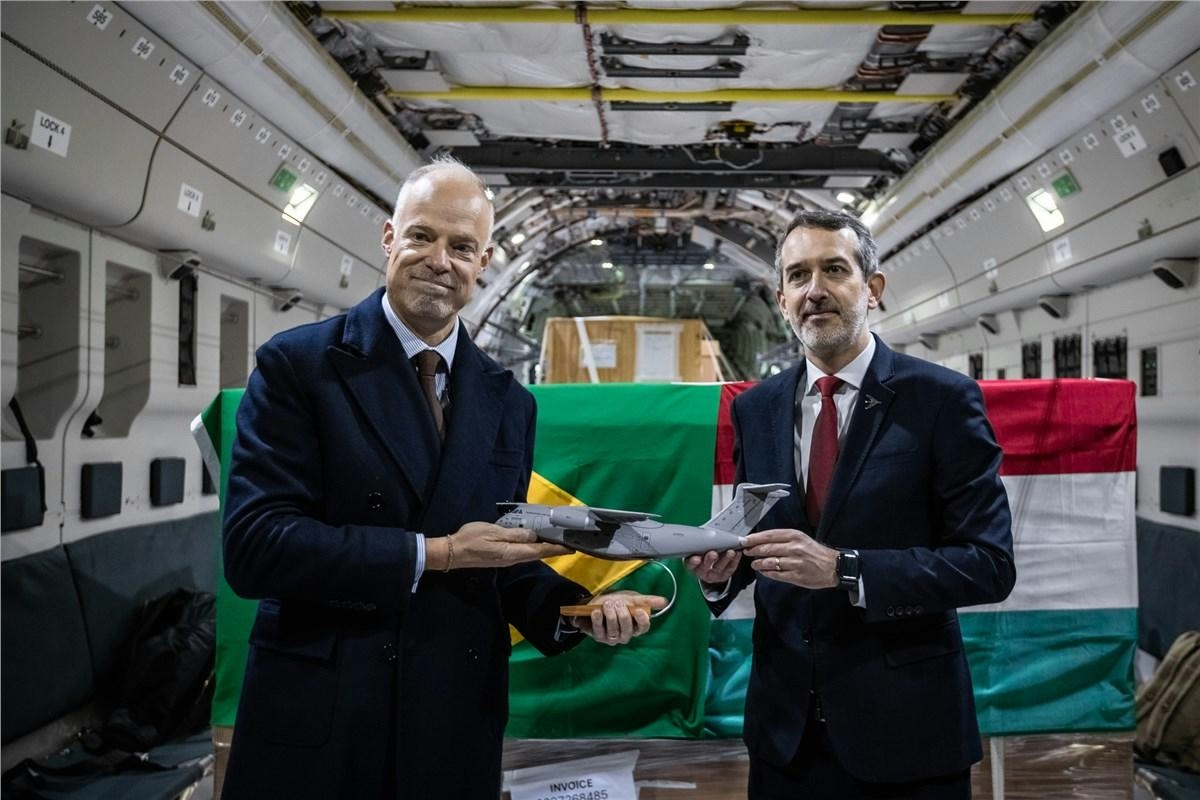
AeroGenie — ваш интеллектуальный второй пилот.
В тренде
Categories
Boeing’s 2026 Production Plan for 787 Dreamliners
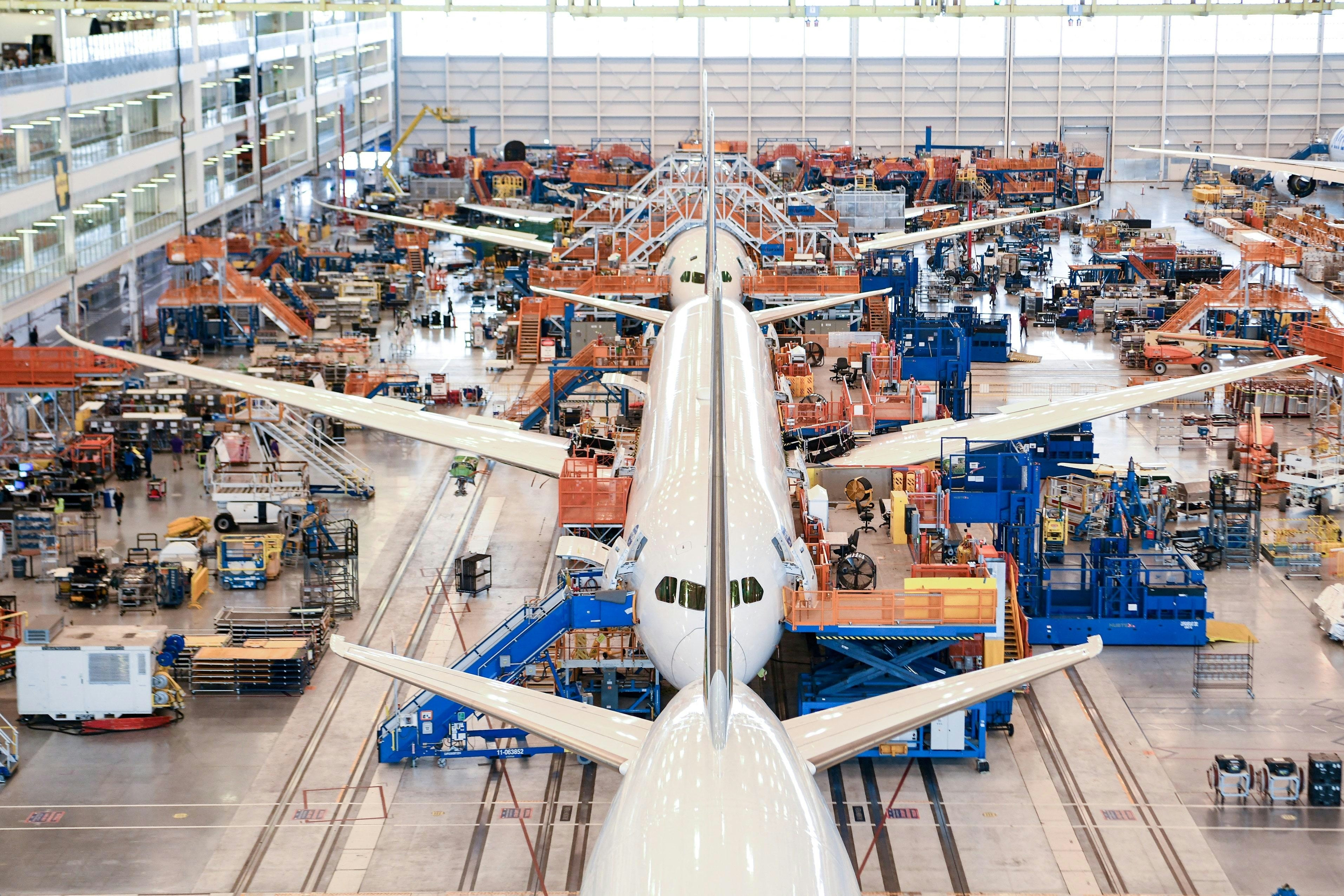
Boeing’s 2026 Production Plan for 787 Dreamliners
Boeing is intensifying efforts to increase production of its 787 Dreamliner in response to soaring global demand and a substantial order backlog that has left airlines waiting years for delivery. Central to this strategy is the construction of a major new facility in South Carolina, aimed at significantly expanding output and addressing both market requirements and ongoing production challenges.
Strong Demand Amidst a Growing Backlog
In 2025, Boeing recorded its second-highest annual total for 787 orders, with 321 Dreamliners ordered by early November, trailing only the 2007 record of 369. This surge in demand far outpaces Boeing’s current manufacturing capacity, placing considerable pressure on the company to accelerate production and reduce delivery times. The Dreamliner’s fuel efficiency and long-range capabilities continue to appeal strongly to international carriers, reflecting a broader industry trend favoring efficient widebody aircraft.
Production Recovery and Ongoing Challenges
Boeing’s efforts to increase output have been shaped by a series of setbacks. Prior to the COVID-19 pandemic, the 787 was assembled at two locations: Everett, Washington, and North Charleston, South Carolina. In 2019, Boeing delivered 158 Dreamliners, but the pandemic and the subsequent closure of the Everett assembly line caused deliveries to plummet to 53 in 2020 and just 14 in 2021. Recovery has been gradual, with deliveries rising to 31 in 2022, 73 in 2023, and 51 in 2024. By the end of October 2025, Boeing had delivered 68 Dreamliners, positioning the year as a strong post-pandemic rebound likely to surpass 2023’s total.
Despite this progress, production stability remains elusive. Quality concerns and increased regulatory scrutiny following the 737 MAX incidents, combined with persistent supply chain disruptions, have constrained output. Maintaining consistent manufacturing standards and securing reliable supply chains will be essential as Boeing strives to meet its ambitious production goals.
South Carolina Expansion and Market Outlook
Boeing’s primary focus is its South Carolina facility. In November 2025, the company commenced a significant expansion at the Boeing South Carolina (BSC) site, reinforcing the location as the exclusive hub for Dreamliner assembly. This $1 billion investment will add a new 1.2 million-square-foot final assembly building, effectively doubling the size of the current facility. The expansion is designed to support an increase in production rates to eight aircraft per month, with a further target of 10 per month set for 2026.
This strategic move comes as Airbus, Boeing’s chief competitor, has responded by lowering its own A220 production targets, highlighting the competitive dynamics within the widebody aircraft market. The industry has reacted positively to Boeing’s plans, with airlines expressing eagerness for timely deliveries of efficient, long-range jets.
Looking Ahead
As Boeing advances its South Carolina expansion, the company faces the dual challenge of stabilizing production while meeting unprecedented demand. Overcoming supply chain obstacles and maintaining rigorous quality standards will be critical to success. Should Boeing achieve its planned production rates, it will be well-positioned to address its backlog and strengthen its leadership in the global widebody market.
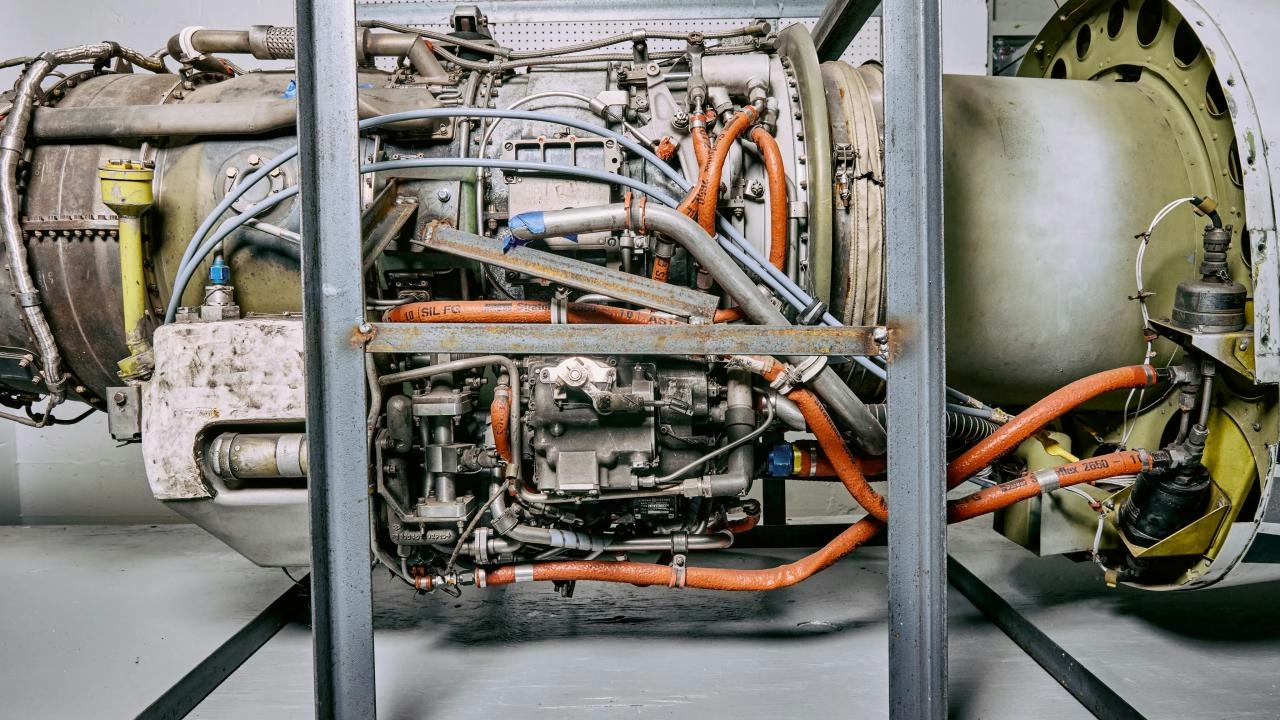
Aviation Maintenance, Repair, and Overhaul Sector Set for Growth
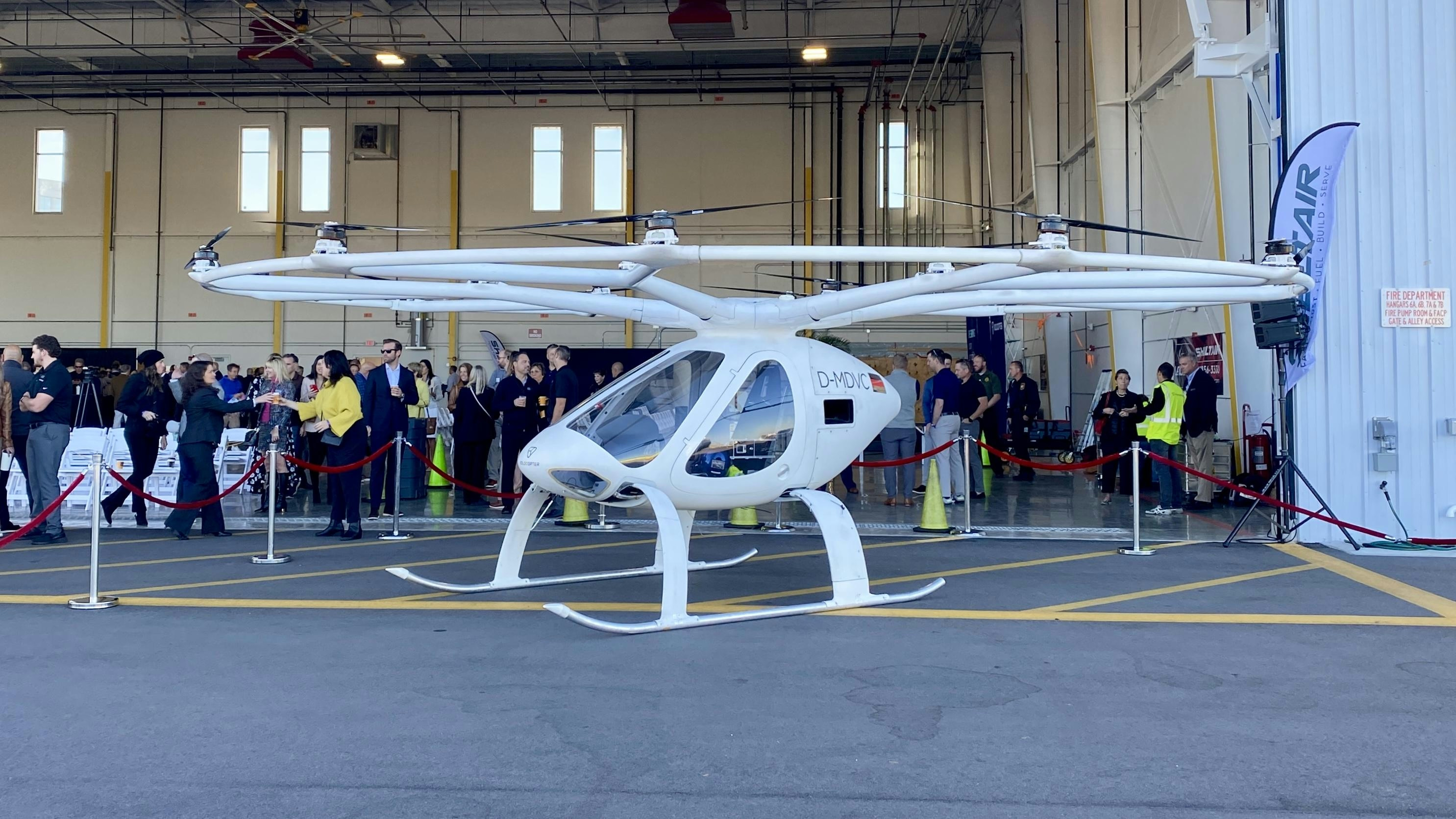
Central Florida Emerging as Leading Location for Future Air Taxis

Dassault Aviation and Thales Partner on AI for Future Air Combat
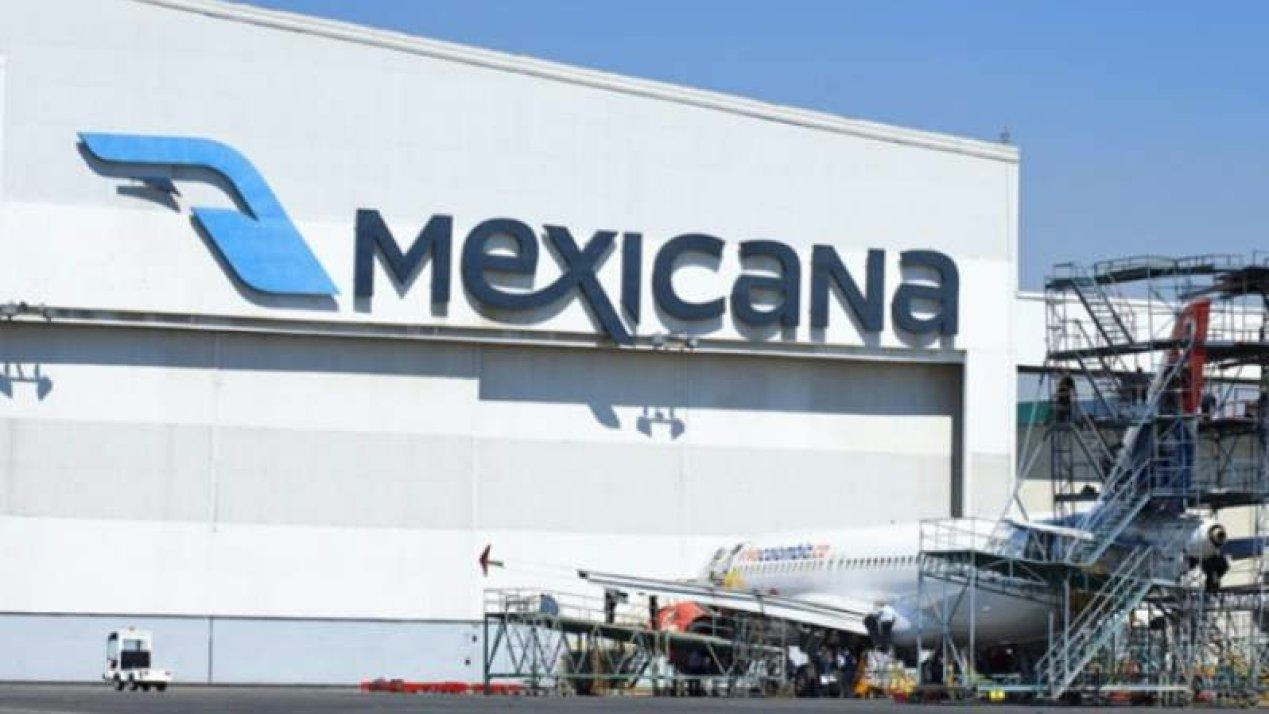
Mexicana MRO Deal Stalls Pending Banorte Extension Approval
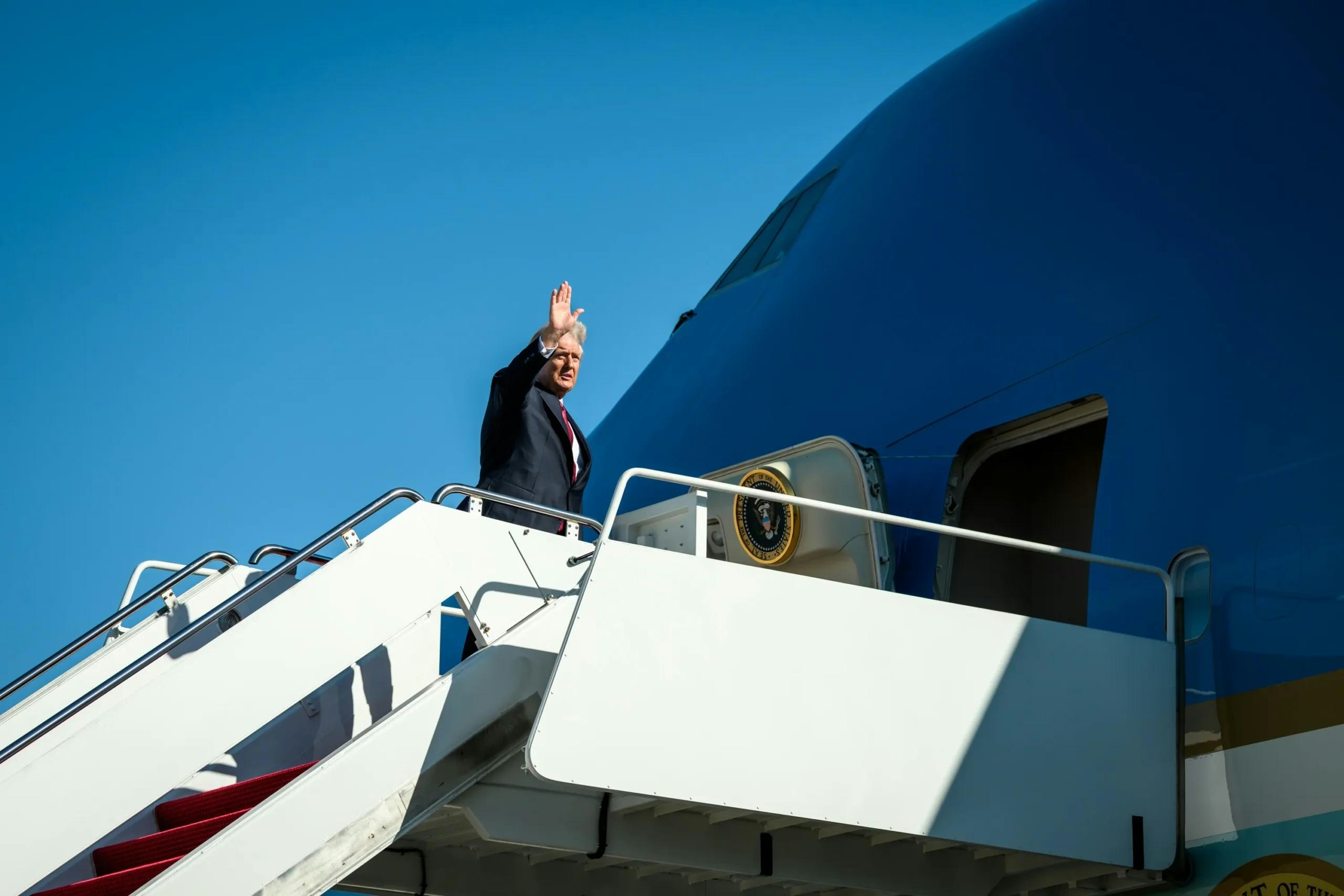
Trump's Policy on DEI Raises Concerns Over Aircraft Mechanic Training
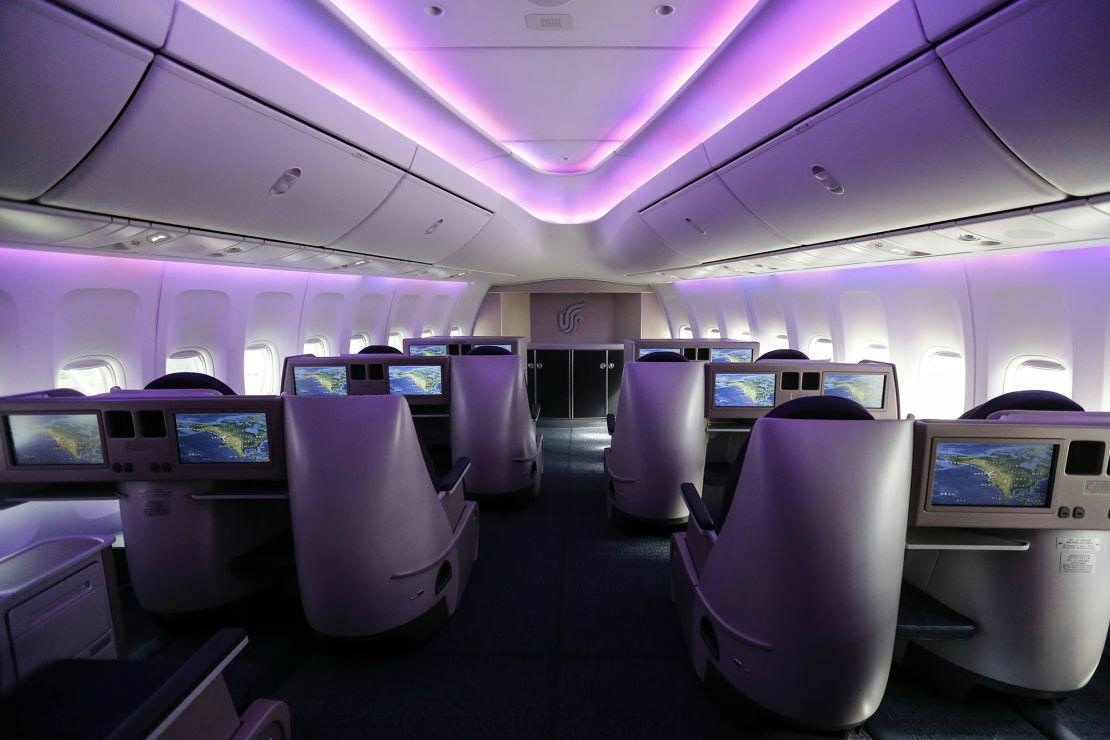
Why Boeing’s 747 Lacks a Full Second Deck Unlike the Airbus A380

Deutsche Aircraft Appoints Ernst-Georg Schröder Manager of Final Assembly Line for D328eco
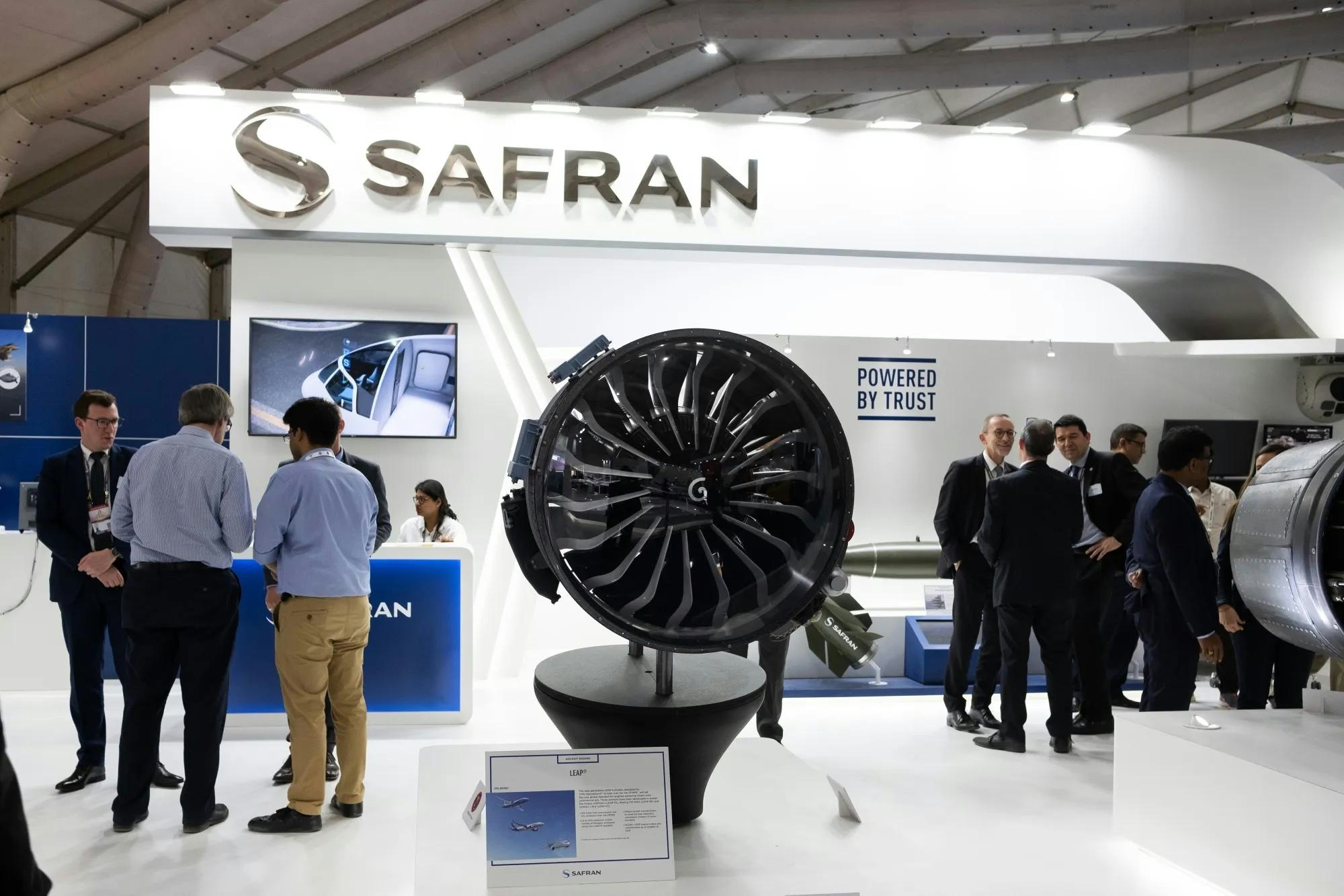
PM to Inaugurate Safran Aircraft Engine Services Facility in India on November 26
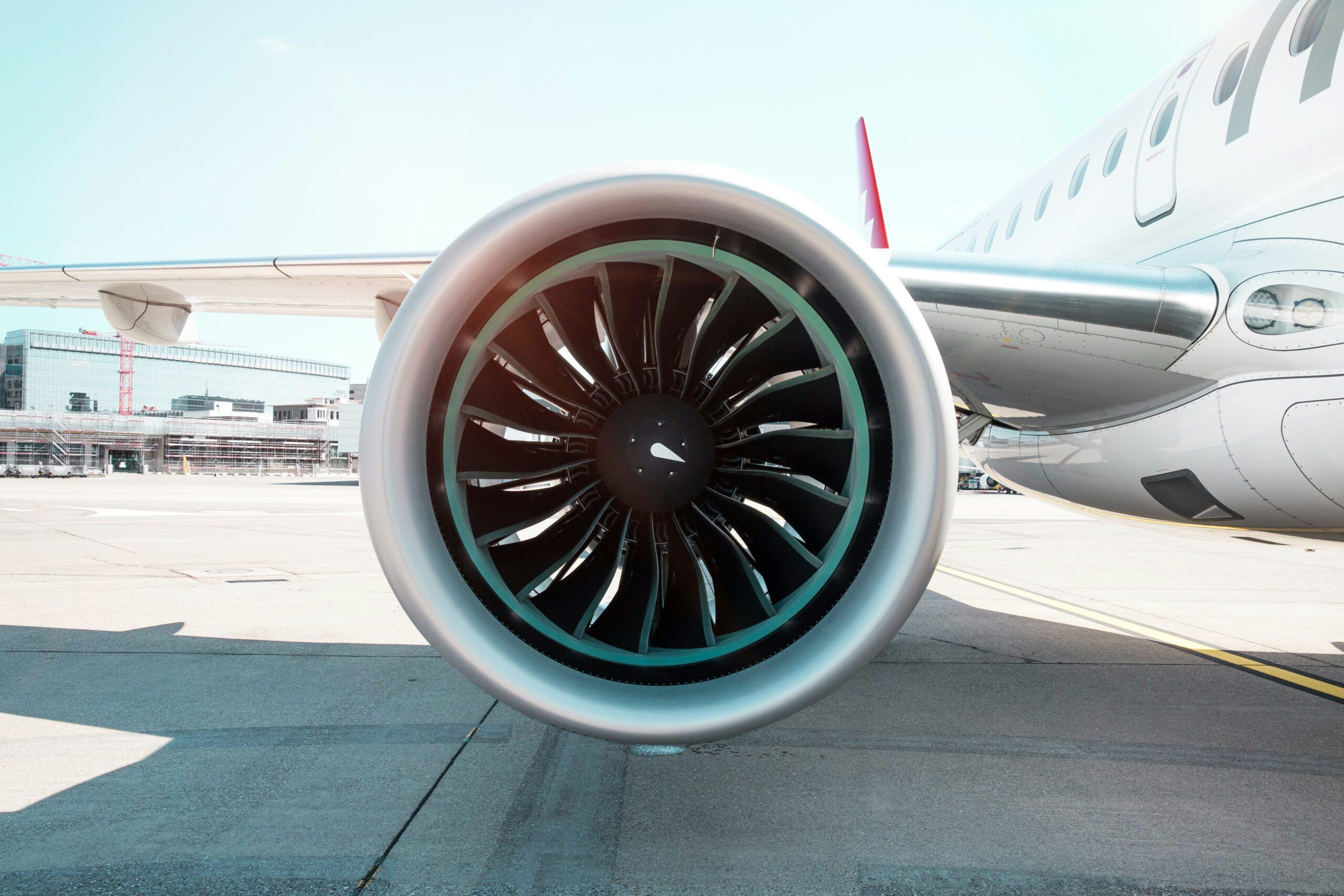
Leading Companies in Aviation Artificial Intelligence: Airbus, Amazon, Lockheed Martin, Tata Power, Thales
